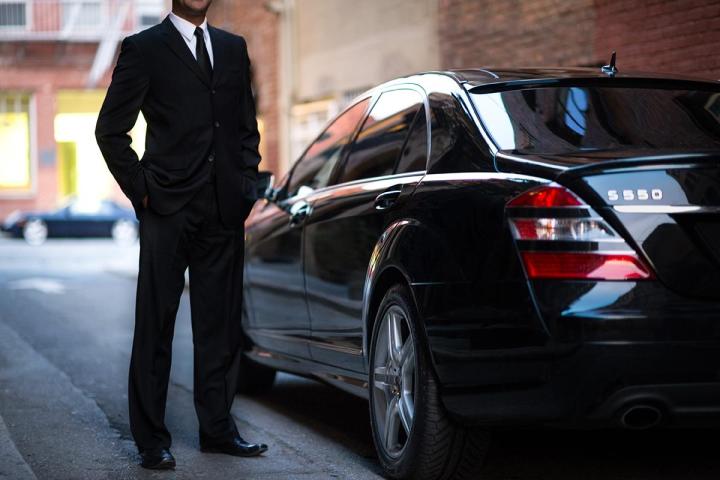
The prosecutors assertions, made on Wednesday and reported by the NY Times, were presented as an amendment to a consumer protection lawsuit filed in December that accuses Uber of misleading the public about the safety of the service as well as the robustness of its background checks on new drivers.
The district attorneys of San Francisco and Los Angeles note in the lawsuit that Uber refrains from running fingerprint checks on those applying for work as a driver, while the procedure is a necessity for new taxi drivers in California.
They said the ride-hailing service’s existing procedures, which include checks of county, federal, and multi-state criminal background records, led to the company missing criminal records for 25 Uber applicants in San Francisco and Los Angeles, adding that this was partly due to Uber ignoring a database listing some 30,000 registered sex offenders, and also because its checks only cover the preceding seven years.
“So, for example, if someone was convicted of kidnapping eight years ago, and they were just paroled last week — they just got out of prison — the Uber background check process will not identify the person as a convicted kidnapper,” San Francisco district attorney George Gascón said in a press conference Wednesday.
Drivers that slipped through Uber’s net included one released in 2008 after spending 26 years in jail for second-degree murder — he changed his name before applying to become a driver. The lawsuit says a fingerprint test would’ve brought the matter to light and enabled Uber to act accordingly.
In a statement to the NY Times, Uber said that no checking system is “100-percent foolproof. ” It added that checks on former taxi drivers applying to join Uber, “uncovered convictions for driving under the influence, rape, attempted murder, child abuse and violence,” suggesting that in some cases its own checks are more effective than those of the California taxi industry.
The company has also this year been making moves to improve the safety of both riders and drivers with a raft of measures that include, for example, the gradual rollout of incident response teams available around the clock to address “serious safety concerns.”
Editors' Recommendations
- Uber says it’s investigating ‘cybersecurity incident’
- Uber is making drivers take selfies to prove they’re wearing face masks
- Uber drivers and riders will soon be required to wear face masks
- Former Google, Uber self-driving car exec Anthony Levandowski fined $179 million
- Uber responds to gig-economy law by testing driver-led bidding system

